Dragonflies are welcoming guests in the garden. They have graceful flights and swift acrobatics, but there’s more to their presence than meets the eye. Adult dragonflies are skilled hunters and voracious predators of various flying insects, including mosquitoes. They are incredibly agile and can catch and consume mosquitoes in mid-air with their specialized mouthparts. Surprisingly, a single dragonfly can consume between 12 and hundreds of mosquitoes per day.
In addition, attracting dragonflies to your garden not only helps control mosquitoes but also supports overall biodiversity. Dragonflies serve as an indicator of a healthy ecosystem and can attract other beneficial insects and wildlife to your garden.
When it comes to enticing dragonflies to your garden, the right choice of plants can make all the difference. By incorporating specific plants into your garden, you can create an inviting habitat that attracts these gentle fliers and encourages them to stay and thrive.
#1. Black-eyed Susan
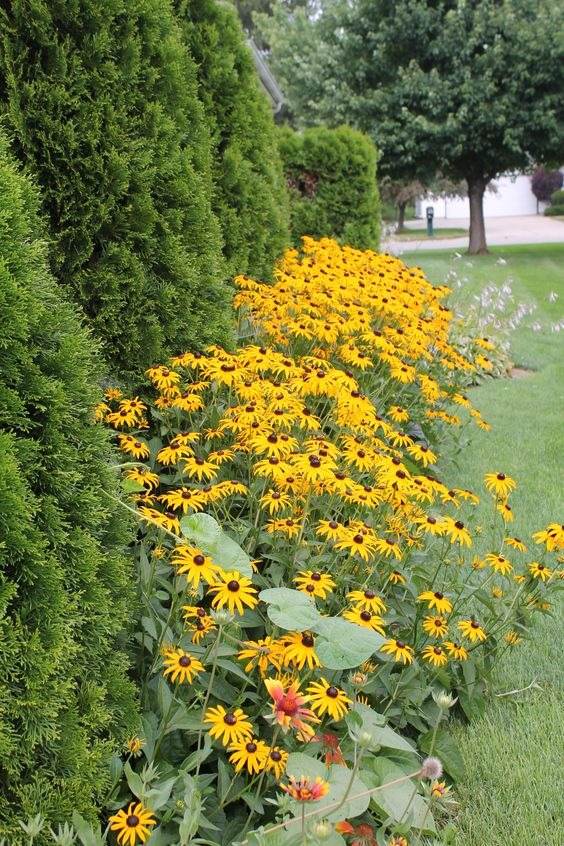
Black-eyed Susan plants are not only beautiful but also attract beneficial pollinators such as bees, butterflies, moths, and hummingbirds, which facilitate the fertilization of other plants. They also attract other insects such as ladybugs, lacewings, and parasitic wasps, which prey on pests such as aphids, mites, and caterpillars
#2. Swamp milkweed
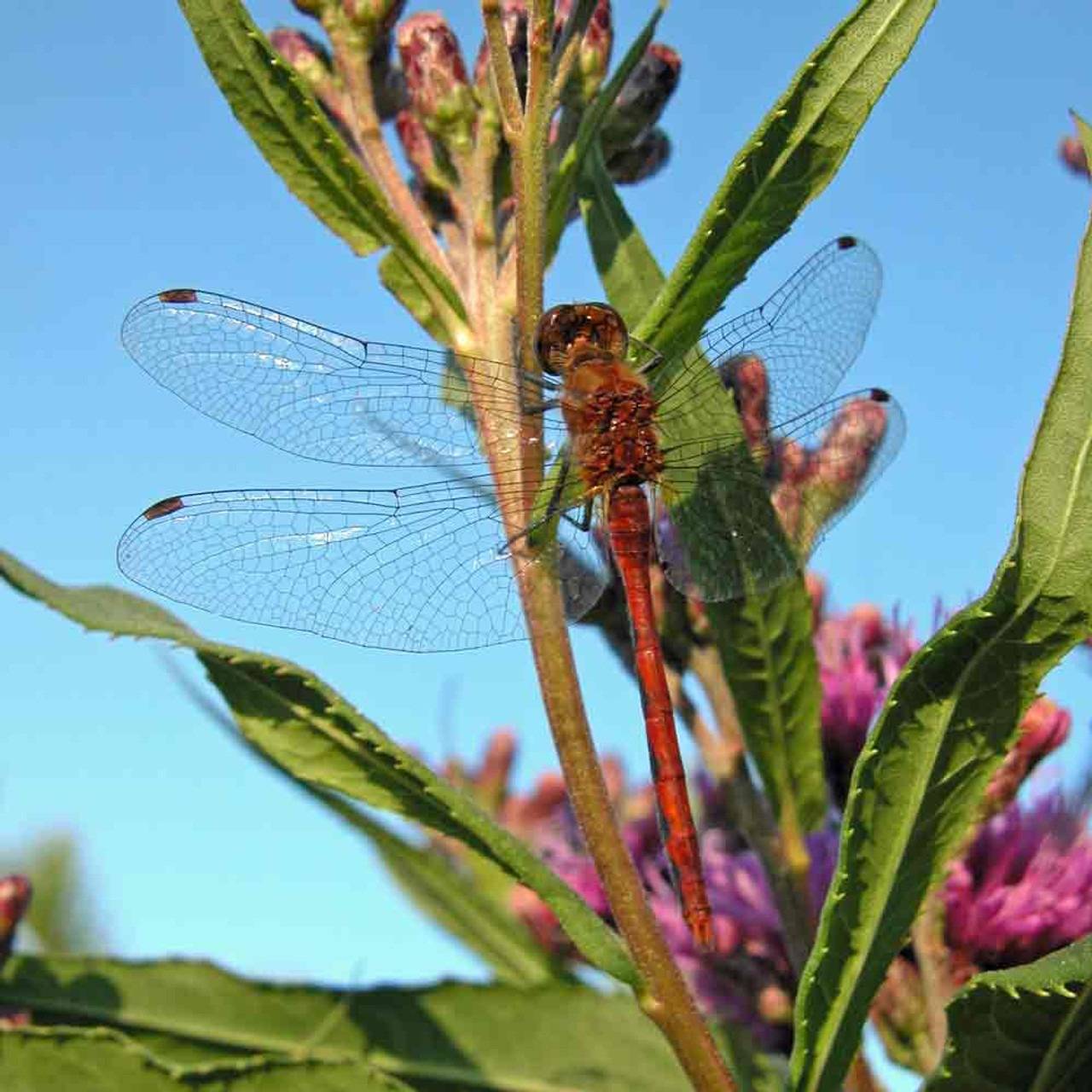
Swamp milkweed is cultivated as a garden plant for its fragrant, lilac-pink flowers that bloom continuously from mid to late summer. They are beneficial to the garden as they attract many pollinators, such as bees, butterflies, moths, and hummingbirds.
#3. Joe-Pye Weed
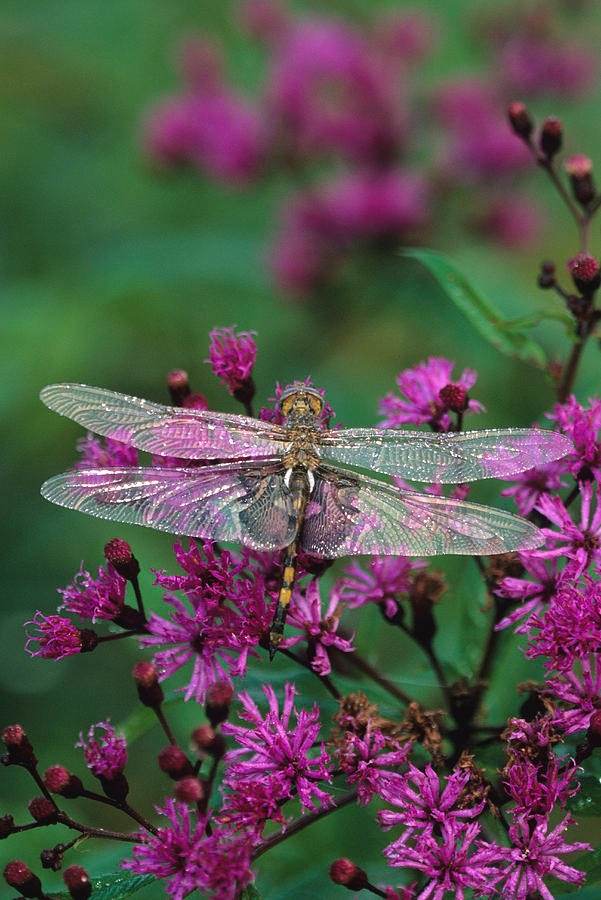
This garden plant can reach up to 8 feet in height and have large clusters of pink or purple flowers that bloom in late summer and fall. It is a fairly low-maintenance plant that does not require much pruning or deadheading.
#4. Meadow sage
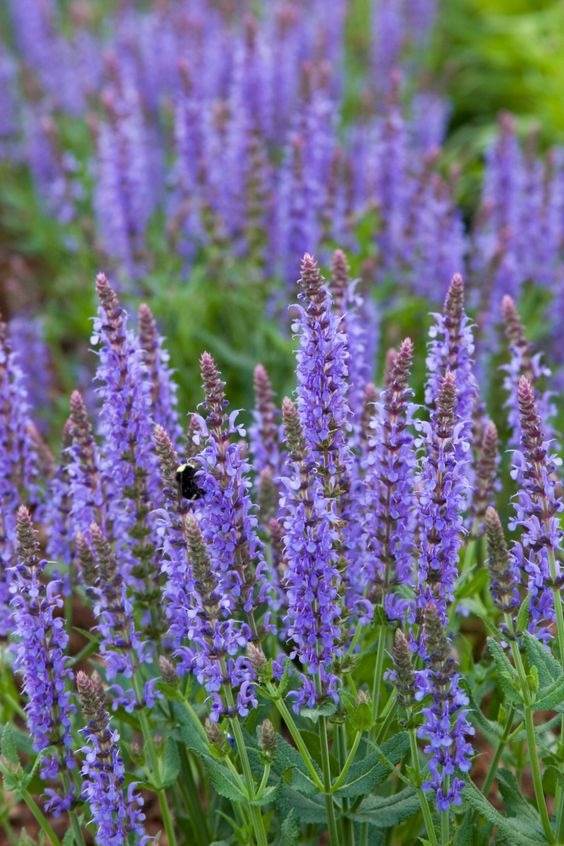
Meadow sage has oval to heart-shaped leaves that are aromatic when crushed. It thrives in dry climates and well-drained soil.
#5. White yarrow
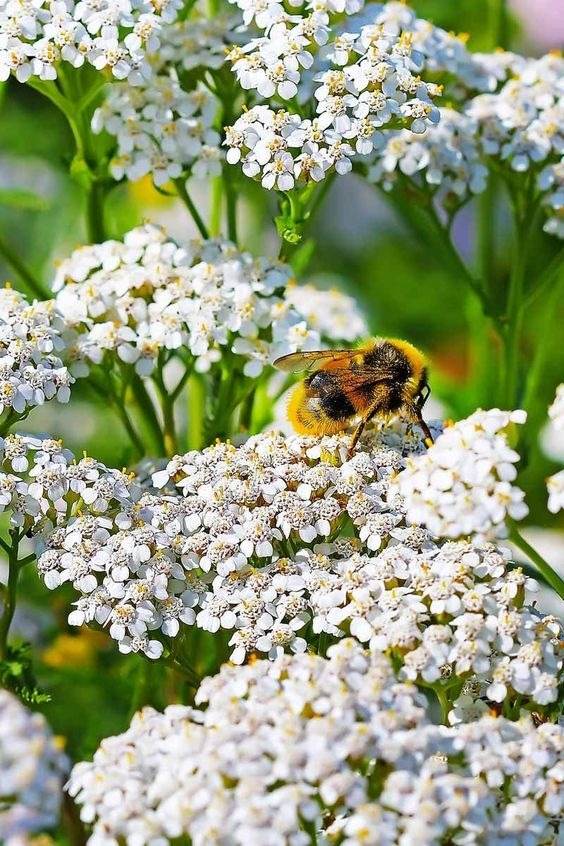
White yarrow encourages dragonflies and bees to your garden. When fully blooming, it has big clusters with 20-25 flowers.
#6. Arrowhead
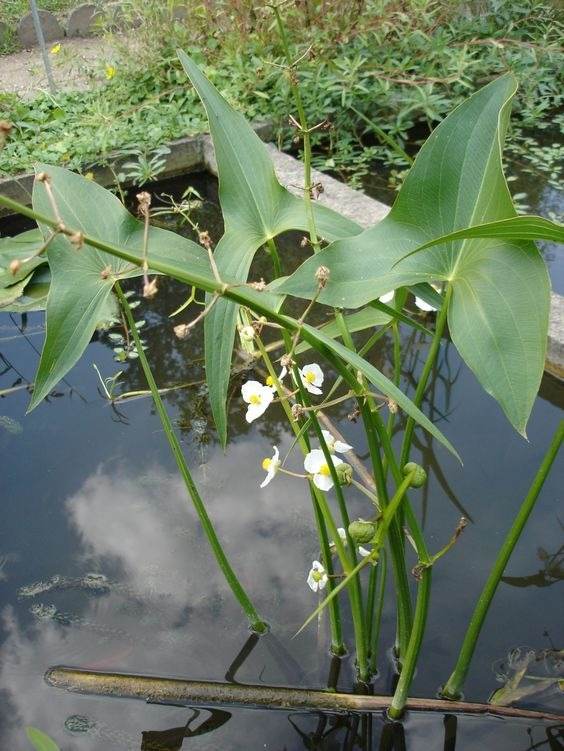
Arrowhead plant or duck potato offers a place for dragonflies to lay their eggs. If you want to plant arrowheads, let’s start by creating a pond.
#7. Wild celery
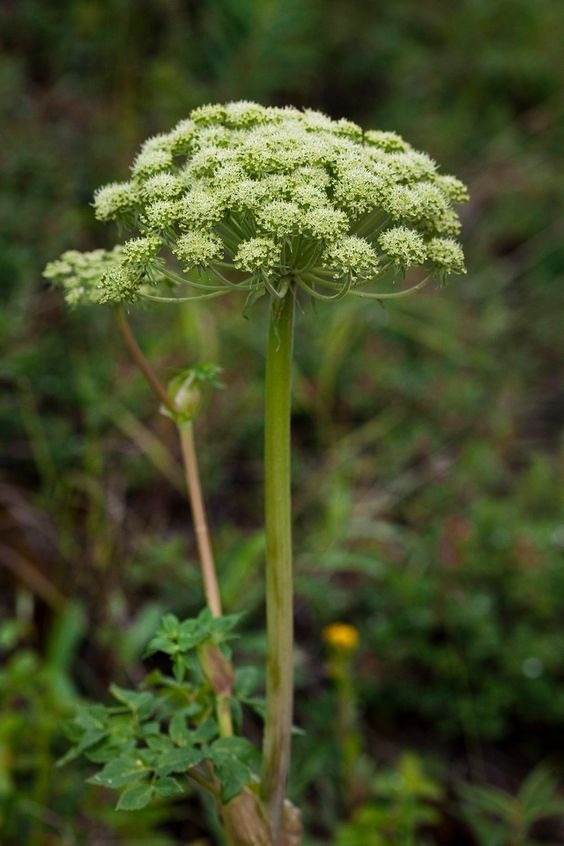
Wild celery thrives in aquatic environments. Once your wild celery is established, take some time to observe the wildlife it attracts, such as dragonflies, butterflies, and birds. The plant provides valuable habitat and serves as a food source for various aquatic creatures.
#8. Water horsetail
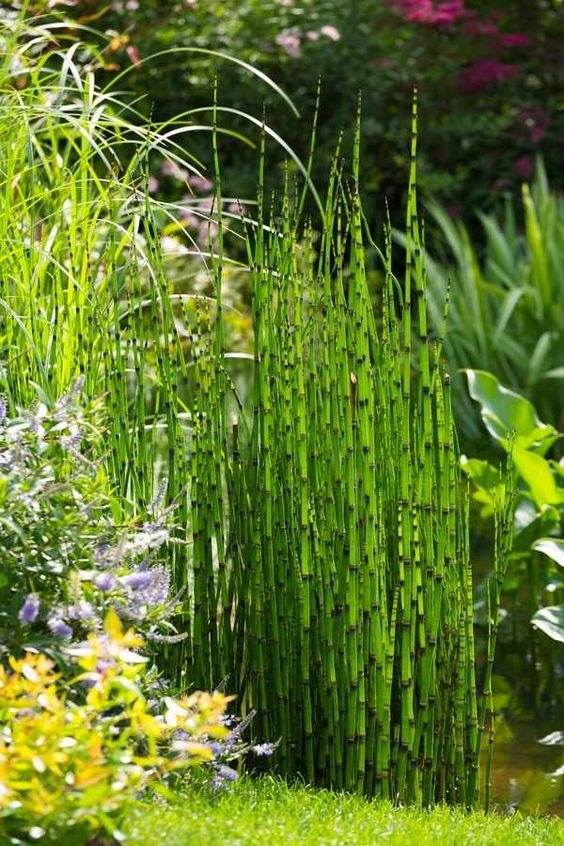
Water horsetail is also called water bamboo or mare’s tail. It can add an interesting touch to your garden, but be cautious as it has a tendency to spread rapidly and can become invasive if not properly contained.
#9. Cattail
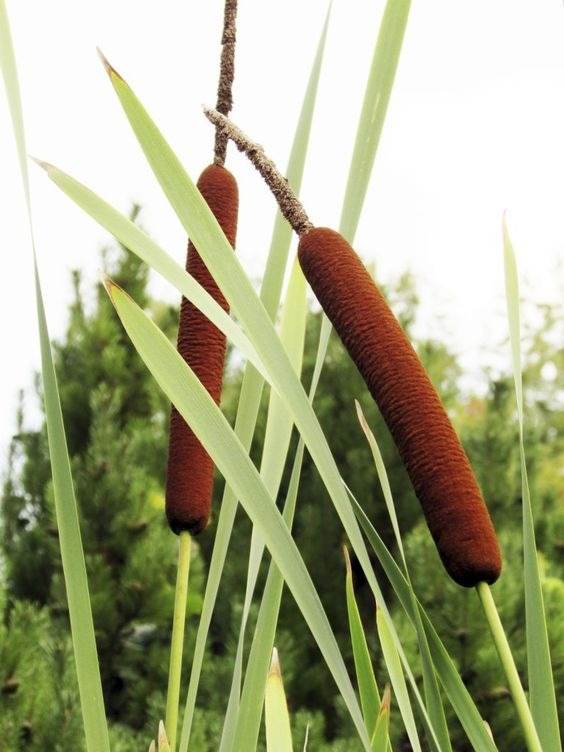
Planting cattails in your garden can be a great way to provide habitat and food sources for wildlife. They can be planted in pots or ponds.
#10. Water lily
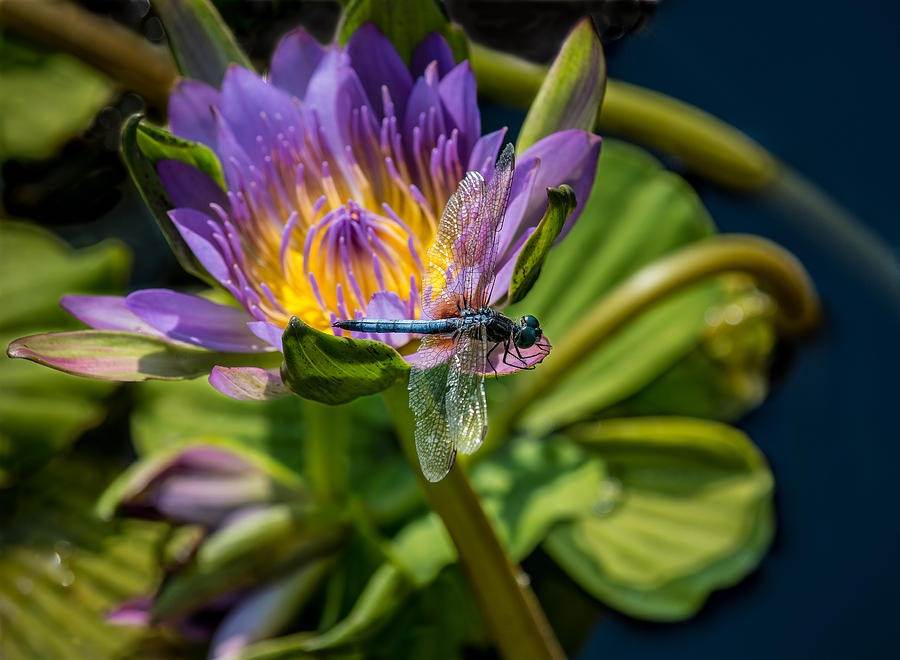
Water lily beautifies ponds and garden landscapes. It also brings endless benefits to your garden as attracting dragonflies to come and lay their eggs on leaves or stems.
#11. Pickerelweed
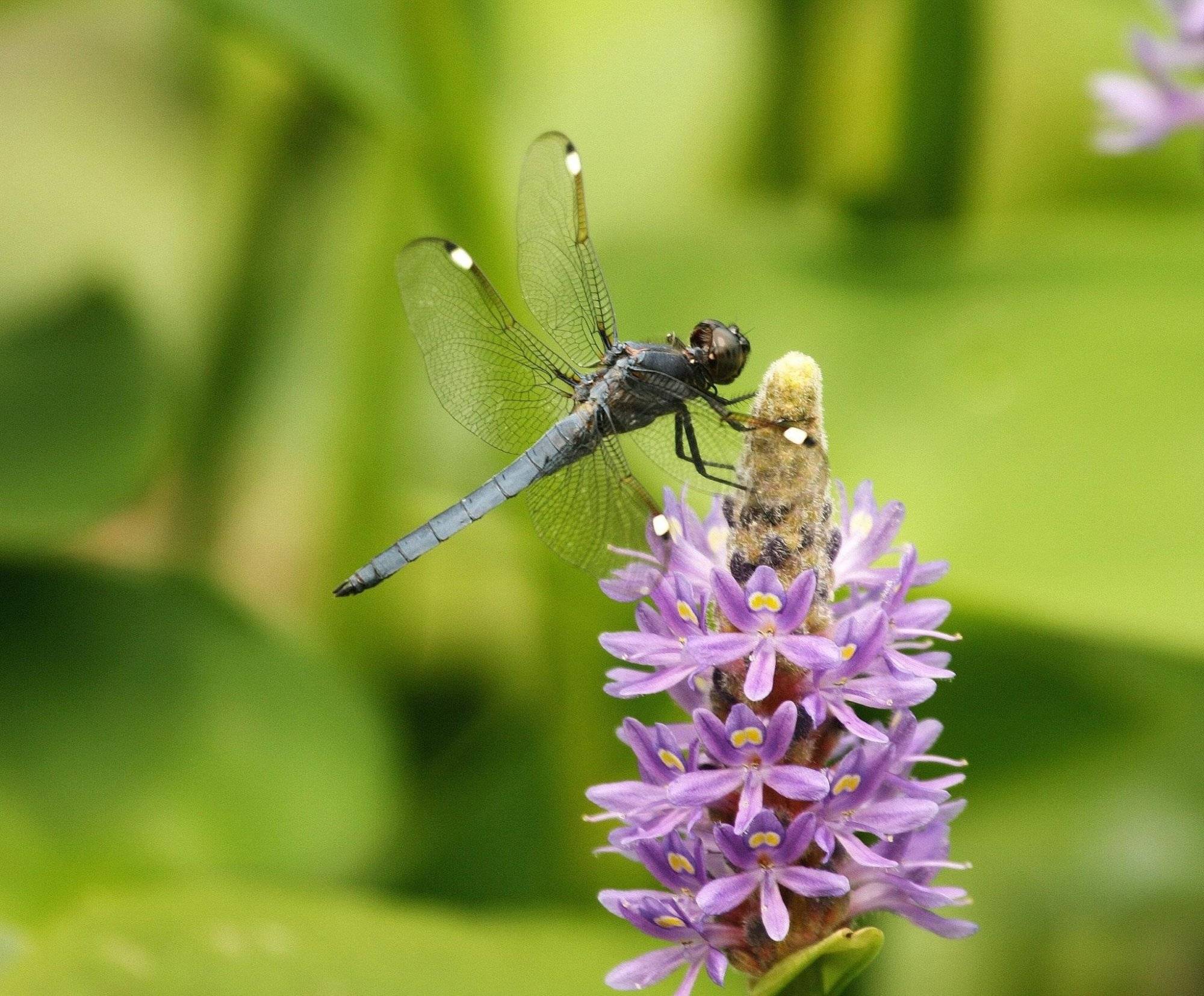
Pickerelweed is a native aquatic plant that provides not only aesthetic beauty but also serves as a valuable habitat for various wildlife, including dragonflies, bees, and butterflies. Pickerelweed thrives in full to partial sun.
#12. Blue flag iris
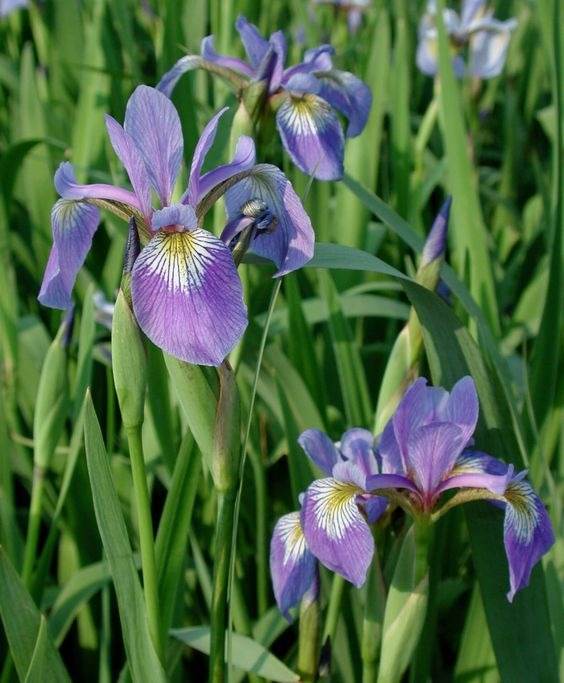
Planting Blue Flag Iris in your garden can be a great way to add beauty and attract wildlife, including dragonflies, to your outdoor space. Blue Flag Iris typically blooms in late spring to early summer, producing beautiful purple-blue flowers with yellow markings.
#13. Golden club
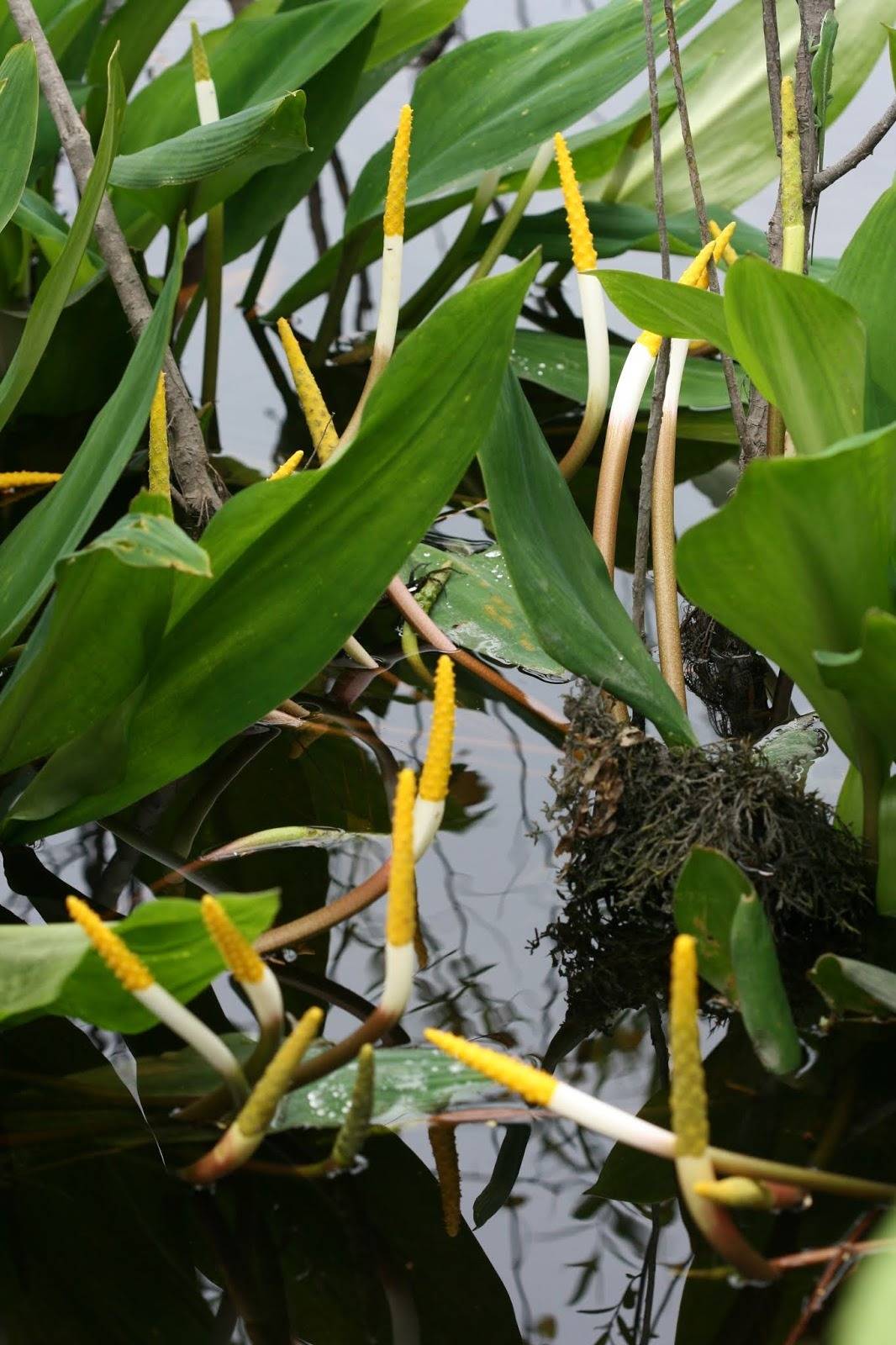
Golden Club is an aquatic plant, so it needs to be planted in a wet or marshy area. A natural pond or a water garden would be an ideal location to plant golden club.
#14. Bee Balm
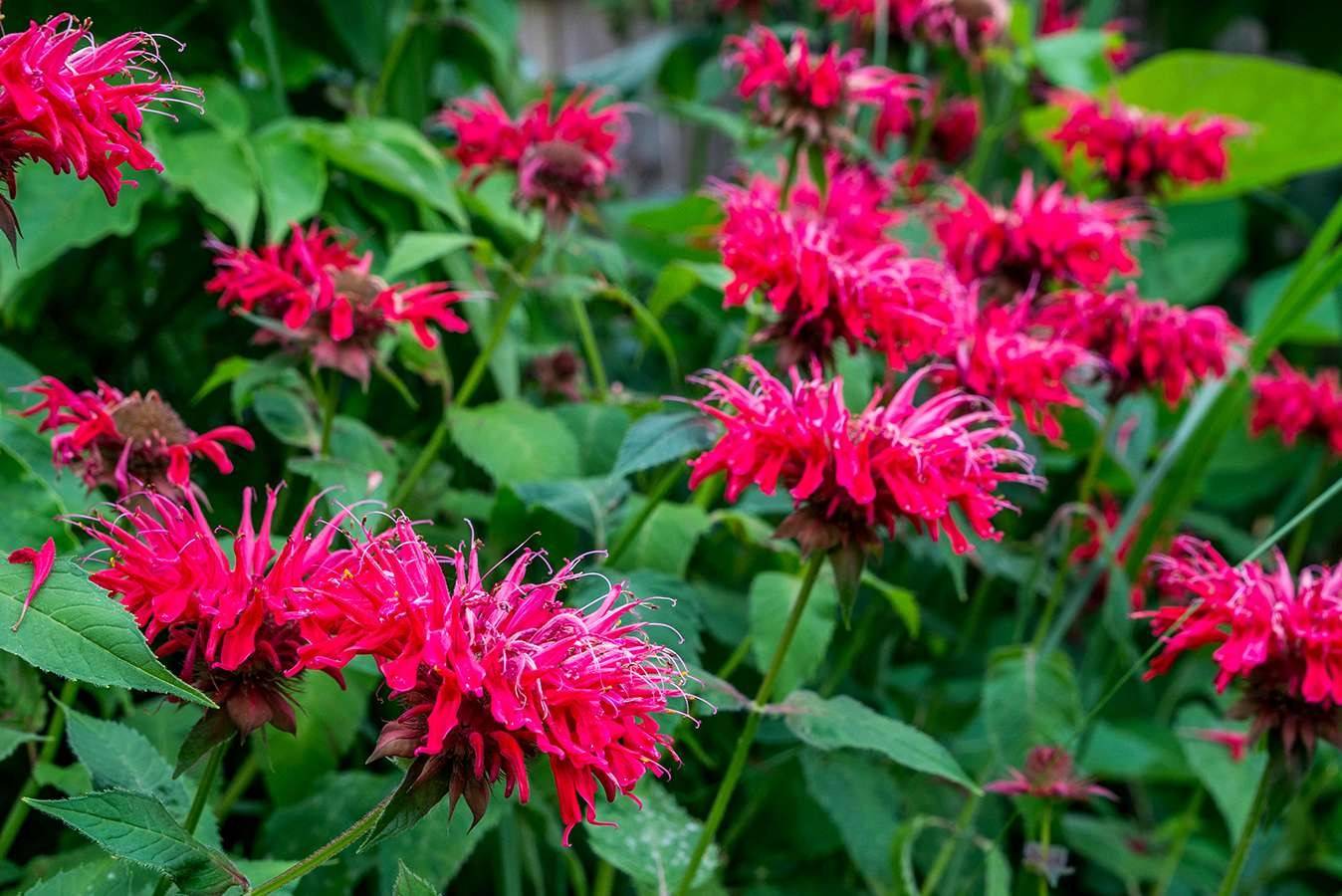
Bee balm can attract bees, butterflies, hummingbirds, and other pollinators with its vibrant flowers and delightful fragrance. It prefers a location with full sun to partial shade.
#15. Blue Vervain
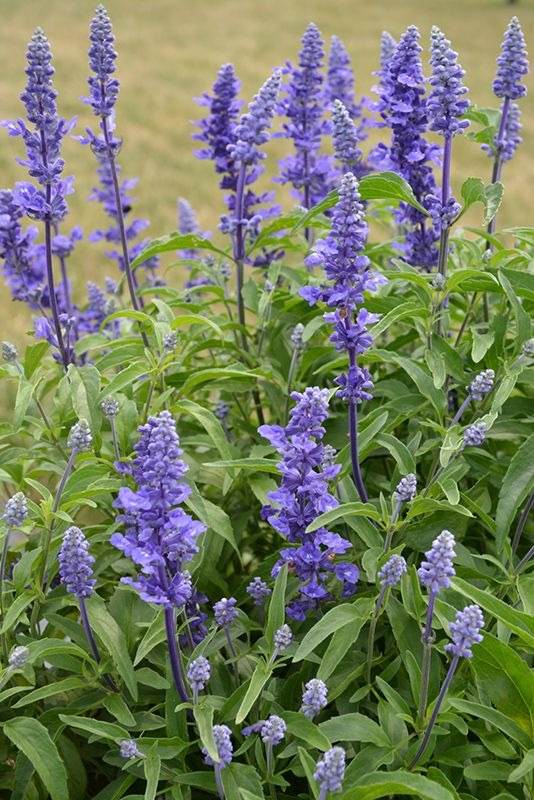
Blue Vervain is a native perennial plant that is not only attractive but also beneficial to pollinators like butterflies, bees, and, as we mentioned earlier, dragonflies. You should plant it in a location that receives at least 6 hours of direct sunlight per day.
As you design your dragonfly haven, aim for a diverse array of plants that provide nectar, shelter, and water, creating an environment that is both welcoming and nurturing to these stunning winged guests. So, roll up your sleeves to enjoy a delightful display of nature’s wonder and contribute to the health and balance of your garden ecosystem.
